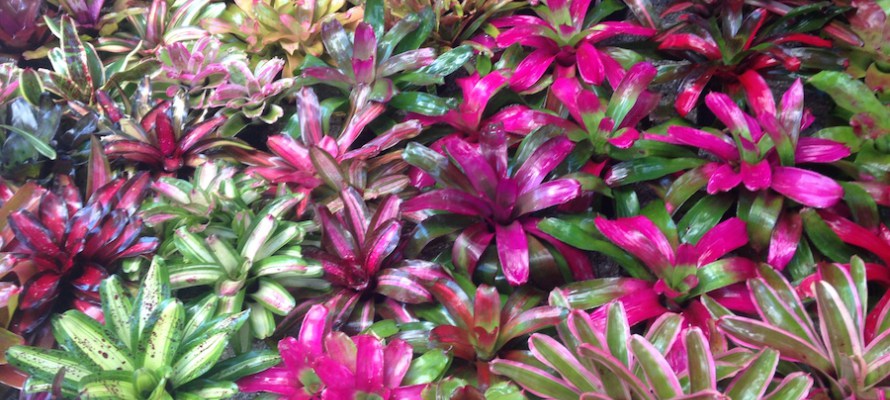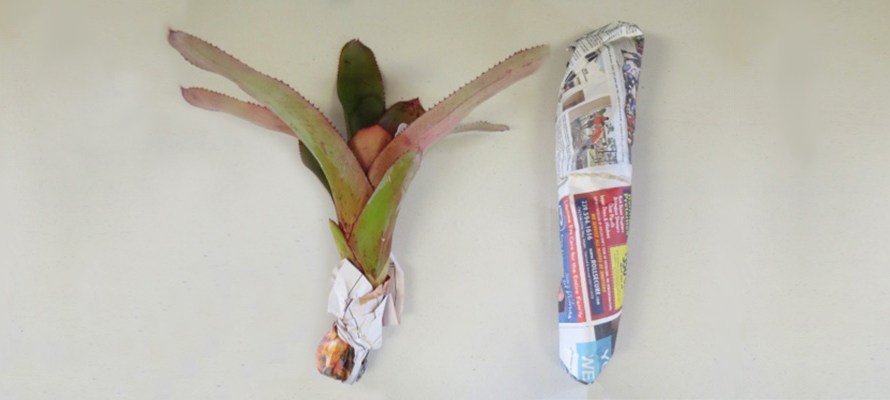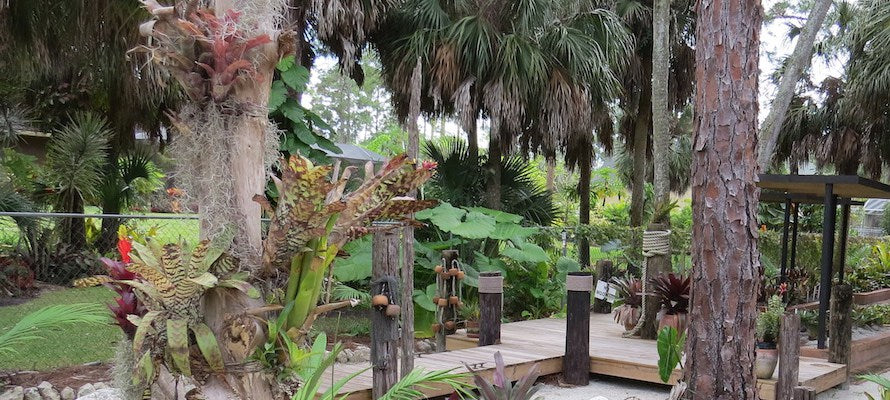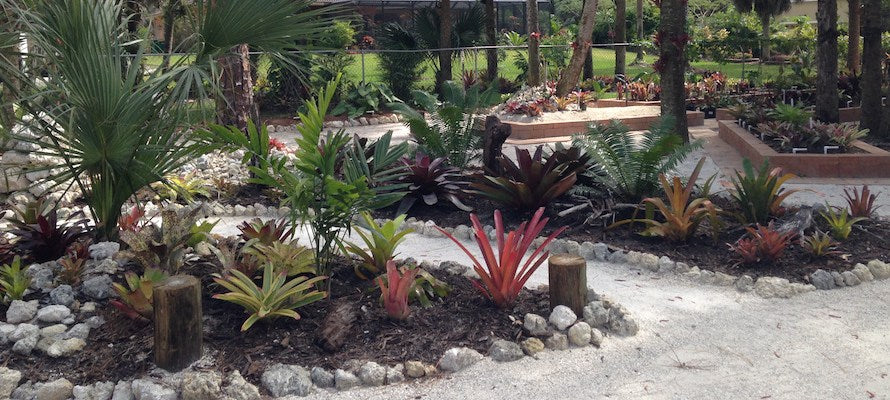Your Cart is Empty
Get Free Shipping on all orders $120 or more.

“Summer is only the unfulfilled promise of spring, a charlatan in place of the warm balmy nights I dream of in April. It’s a sad season of life without growth… It has no day.” ― F. Scott Fitzgerald
Spring is just around the corner and it’s time to start preparing your bromeliads for another season of growth and propagation.
After a crazy winter across most of the country, inspect your plants for dead and dying leaves.
Now is a good time to remove all dead and dying leaves on your Bromeliads. Splitting the leaves down the center makes them easier to remove.
Look for any insect pests that may have taken up residence over the winter.
Mealy bugs and scale are especially bothersome and need to be killed before they can do any real damage.
A light spray of houseplant insecticide will do the trick. Make sure that you coat both the top and bottom of the leaf surfaces but avoid getting any insecticide in the plants water tank.
Finding holes in the leaves usually means snails or slugs are at play. Putting out snail and slug bait will usually do the trick in eliminating this problem.
Spring is also the best time to separate offsets from the mother plants. Make sure that they are big enough to remove though. A simple rule of thumb is only remove the ‘pup’ if it’s at least 1/4 to 1/3 the size of the parent plant.
A good set of shears or a sharp serrated knife
is excellent for removing the little fellas. Make sure you make your cut in the woody part of the offsets stem and not the soft leafy area.
You may plant the new offset in a pot whose diameter is approximately ½ of the height of the new plant. Use a well-draining potting mix and make sure it’s planted firmly to start the rooting process. If you need more information on potting your new pups, read our article on Bromeliad Care: Potting.
If you want to stimulate the greatest growth in your bromeliads, use a good time-release fertilizer such as Osmocote.
Osmocote is available at any lawn and garden supply. Be sure to use this time release fertilizer per the instructions. Use on or in the potting soil only and not in the plants water storing vase.
A little effort in spring will reward you with luxurious growth and healthy plants clear into the summer months.

When a bromeliad is ordered on-line, it will either be taken as an offset from a mother plant, or it will be taken from a pot. Either way, it is possible that it has already started to grow roots.

Bromeliads are a type of plant called epiphytes, which means that they draw moisture from the air and don’t need to be in soil to survive. While their roots can draw water and nutrients, they typically serve as a plant’s ‘anchor’, attaching and holding it place.

Although mosquitoes are not a pest that can harm your bromeliads, they can become very annoying to everyone around them. Mosquitoes are currently a topic of conversation as common sense and the facts often give way to rumor and sensationalism.